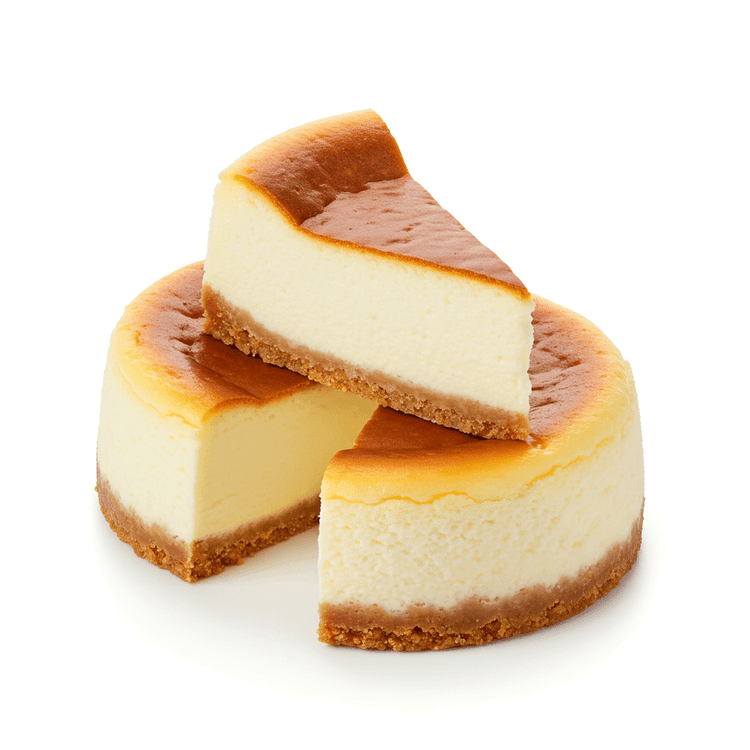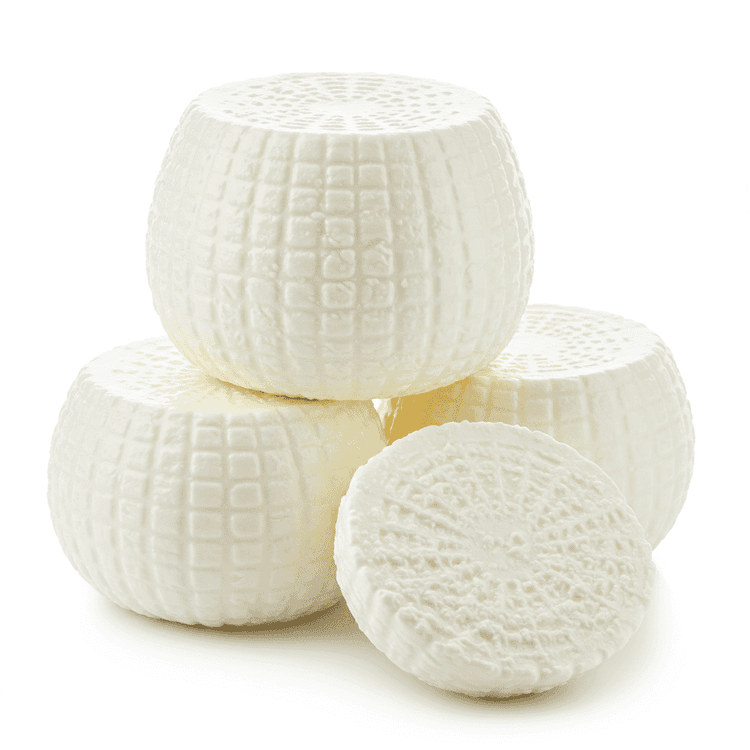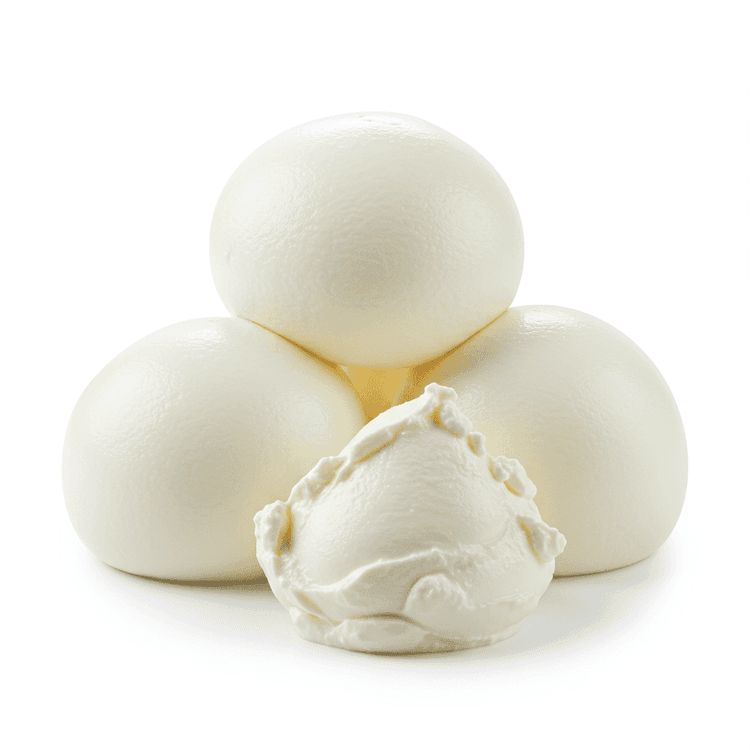
Cheesecake
Cheesecake is a rich and decadent dessert featuring a smooth, creamy texture and a subtly tangy flavor. Typically made with cream cheese, eggs, sugar, and a base crust (often graham cracker), it boasts a pale golden appearance. Enjoy its velvety mouthfeel and diverse flavor profiles achieved through various additions like fruits, chocolate, or caramel. It's a popular choice for special occasions and everyday indulgence, offered in many variations, including baked, no-bake, and individual portion sizes.
Common Uses
- Cheesecake is often served as a standalone dessert, enjoyed for its creamy texture and rich flavor after a meal. - It can be topped with various fruit sauces and compotes such as strawberry, blueberry, or raspberry for added sweetness and visual appeal, enhancing both flavor and presentation. - Cheesecake is frequently used as a component in other desserts such as cheesecake parfaits or trifles, adding a layer of creamy richness to multi-layered treats. - Cheesecakes are commonly flavored with extracts like vanilla, almond, or lemon to customize the base flavor and complement additional ingredients. - Some bakeries offer mini cheesecakes as smaller single-serve portions, making it easy to control servings or to enjoy variety, making a perfect addition to party dessert platters.- Cheesecake can be decorated with chocolate shavings, whipped cream rosettes, or nuts to further enhance its visual appeal and provide additional textural elements.
Health Benefits
- Provides calcium for bone health.
- Contains protein, contributing to muscle building and repair.
- Source of Vitamin B12, important for nerve function.
- Offers a source of energy due to carbohydrate content.
- Can provide probiotics, beneficial for gut health, depending on ingredients.
- May contribute to satiety due to fat content, helping control appetite.
Substitutes
Chefadora AI is here.
Experience smarter, stress-free cooking.
Storage Tips
Cheesecake should always be stored in the refrigerator to prevent bacterial growth. Keep it in an airtight container or wrapped tightly in plastic wrap to prevent it from drying out or absorbing odors from other foods. Properly stored, cheesecake can last for 3-5 days in the refrigerator. For longer storage, cheesecake can be frozen for up to 1-2 months. Wrap it tightly in plastic wrap and then foil or place it in a freezer-safe container. Thaw it overnight in the refrigerator before serving for best results.
Marnirni-apinthi Building, Lot Fourteen,
North Terrace, Adelaide, South Australia, 5000
Australia





